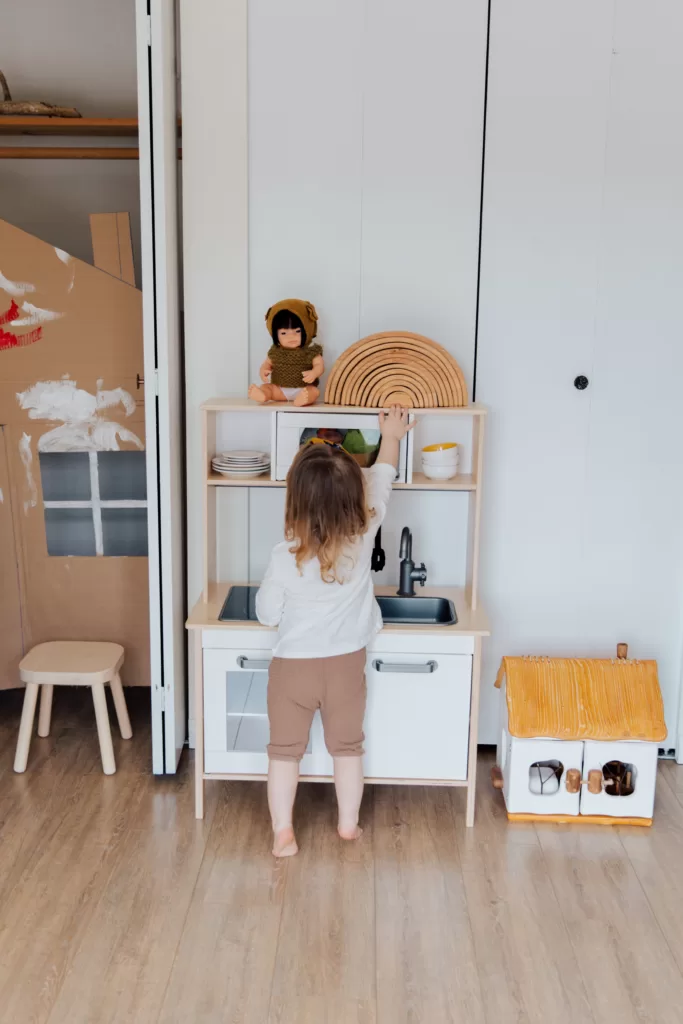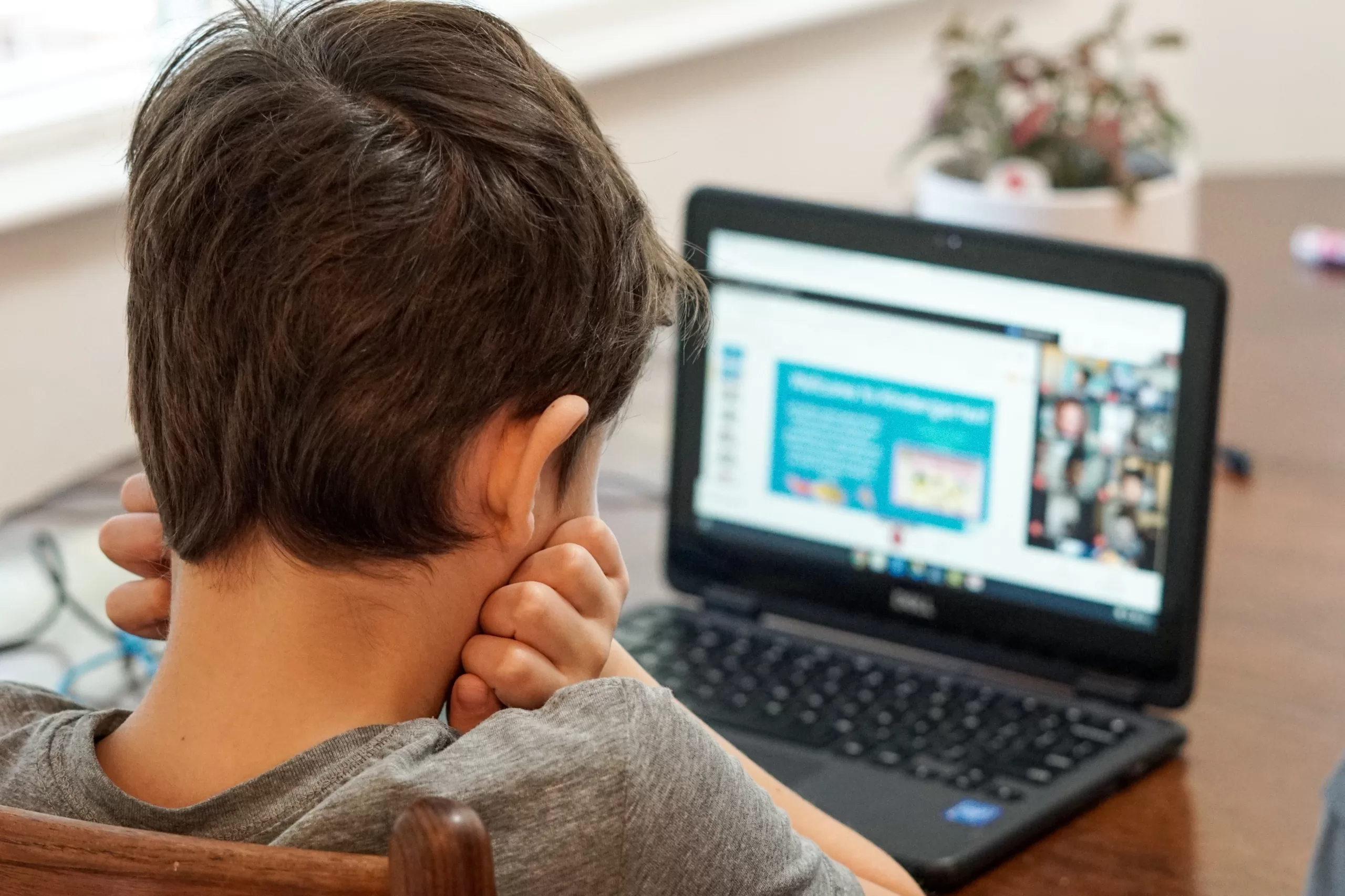For young parents, one of the most rewarding aspects of raising children is watching them grow into independent individuals. Fostering independence in young children is crucial for their development and self-esteem. It involves encouraging self-help skills that form the foundation for a lifetime of learning and self-reliance. This article provides seven practical ways to nurture these skills in young children.
1. Allow Safe Exploration
Children learn by doing. Allowing them to explore their environment safely is key to developing independence. Baby-proof your home and then give them the freedom to roam and discover. Whether it’s playing with blocks or exploring the backyard, these experiences are invaluable for their development.
2. Encourage Problem Solving
When your child encounters a small problem, resist the urge to immediately step in and solve it for them. Instead, encourage them to think of ways to solve it themselves. Simple challenges like figuring out how to put a toy together can boost their problem-solving skills and confidence.
3. Teach Basic Self-Care
Self-care skills are fundamental for independence. Teach your child basic tasks like brushing their teeth, getting dressed, and washing their hands. Be patient and remember that it’s okay if they’re not perfect at first. The goal is to get them comfortable with taking care of themselves.
4. Assign Simple Chores
Involving children in household chores can foster a sense of responsibility and accomplishment. Assign simple tasks like picking up toys, helping to set the table, or feeding a pet. Praise their efforts to reinforce the value of their contribution.
5. Encourage Decision Making
Give your child choices and let them make decisions. Whether it’s choosing their outfit for the day or selecting a snack, these small decisions help them understand their preferences and develop decision-making skills.
6. Use Encouraging Language
The language you use can significantly impact your child’s self-esteem and willingness to try new things. Use positive and encouraging words. Instead of doing tasks for them, guide them with phrases like, “You can do it,” or “Let’s try together.”
7. Celebrate Efforts and Mistakes
Acknowledge and celebrate your child’s efforts, even if they don’t succeed at first. Understanding that mistakes are a part of learning and not something to be ashamed of is crucial for developing resilience and a willingness to try new things.
Conclusion
Fostering independence in young children is a gradual process that requires patience, encouragement, and appropriate guidance from parents. By implementing these seven strategies, you can effectively support your child’s journey towards becoming a confident and self-reliant individual. Remember, each small step they take towards independence is a giant leap in their overall development.






